Product Name: Aluminum Forging
Product Type: Metal Forging
Material: Aluminum
Shape: Customized
Surface Treatment: Anodizing, Powder Coating, Spray Painting, Polishing
Production Process: Die Casting, Press Forging
Advantages:
1. High strength-to-weight ratio
2. Superior mechanical properties
3. Enhanced resistance to fatigue and wear
4. Tight dimensional tolerances
5. Cost-effective production
| Color | Silver |
|---|---|
| Material | Aluminum |
| MOQ | 1 Pcs |
| Sample | Available |
| Place of Origin | China |
Product Details
MINGYU Tech, is a leading aluminum alloy extrusion supplier company providing quality products and services to various industries. Our company has a team of experienced engineers, designers and technicians, and we work closely with our customers to provide customized solutions that meet their unique requirements. MINGYU Tech offers a wide range of extrusion capabilities including cutting, bending, anodizing and CNC machining. With its commitment to continuous improvement and customer satisfaction, MINGYU Tech has earned a strong reputation in the market.
One of the key advantages of aluminum alloy extrusion supplier is its lightweight nature. Aluminum is a lightweight metal, making it ideal for applications where weight reduction is important. It also has a high strength-to-weight ratio, making it suitable for structural components. Additionally, aluminum is corrosion-resistant, making it a durable choice for outdoor and industrial use.
Another benefit of aluminum alloy extrusion supplier is its versatility. The process allows for the creation of intricate designs and complex shapes, giving designers and engineers the freedom to develop innovative and unique products. This versatility extends to the range of aluminum alloys that can be used in the extrusion process, each with its own unique properties and characteristics.
aluminum alloy extrusion supplier also offers cost-effective production. It is a highly efficient process, which allows for large-scale production with minimal waste. This results in lower production costs, making aluminum alloy extrusion supplier a more affordable option compared to other metal shaping methods. The use of lightweight and durable aluminum also contributes to cost savings in transportation and installation.
| OEM/ODM | Yes |
| Length | Customised Length |
| shape | customized |
| Material | 6463 6063 Aluminum Alloys |
| Colour | Customised colour |
| MOQ | 150 Kilograms |
| Fabrication | Machining, CNC, sawing, milling, punching, lathing, tapping, chamfering, laser, cold drawing |
| Type | windor frame, Home decoration profiles,furniture products,furniture handle. |
| Certificate | For SGS, ISO9001 2015, RoHS |
| Surface Processing | Anodize, Polish, Brush, Coating |
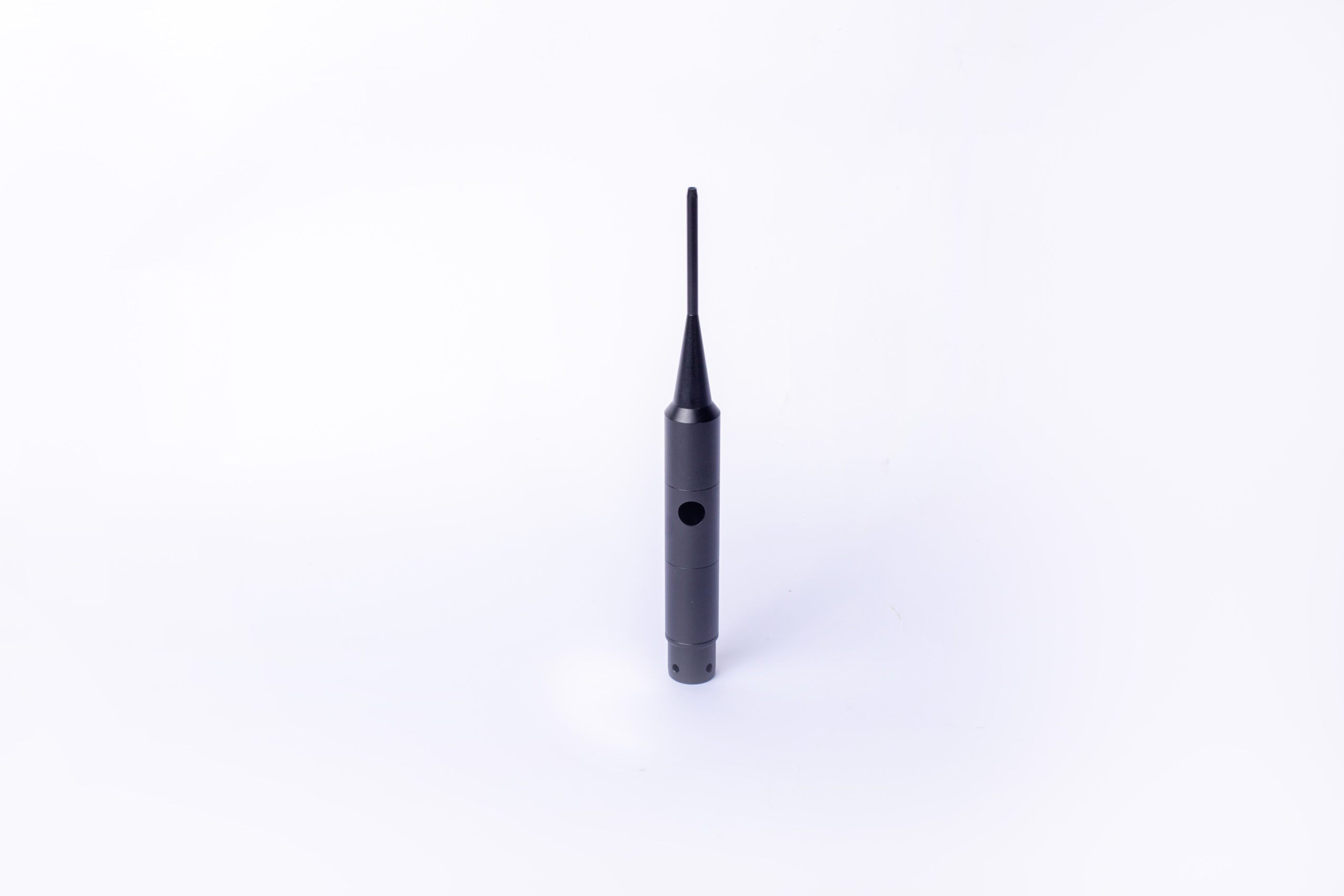
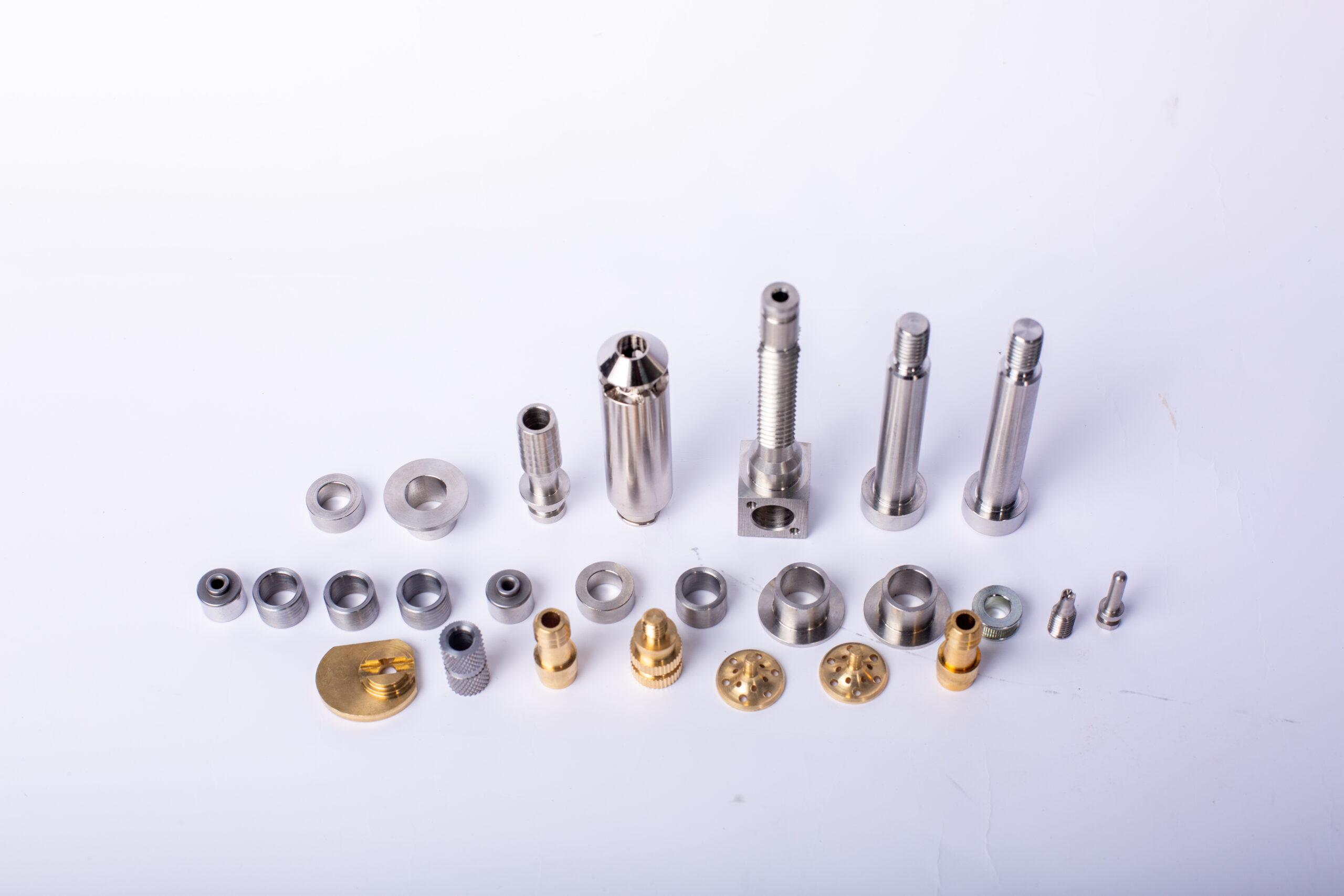
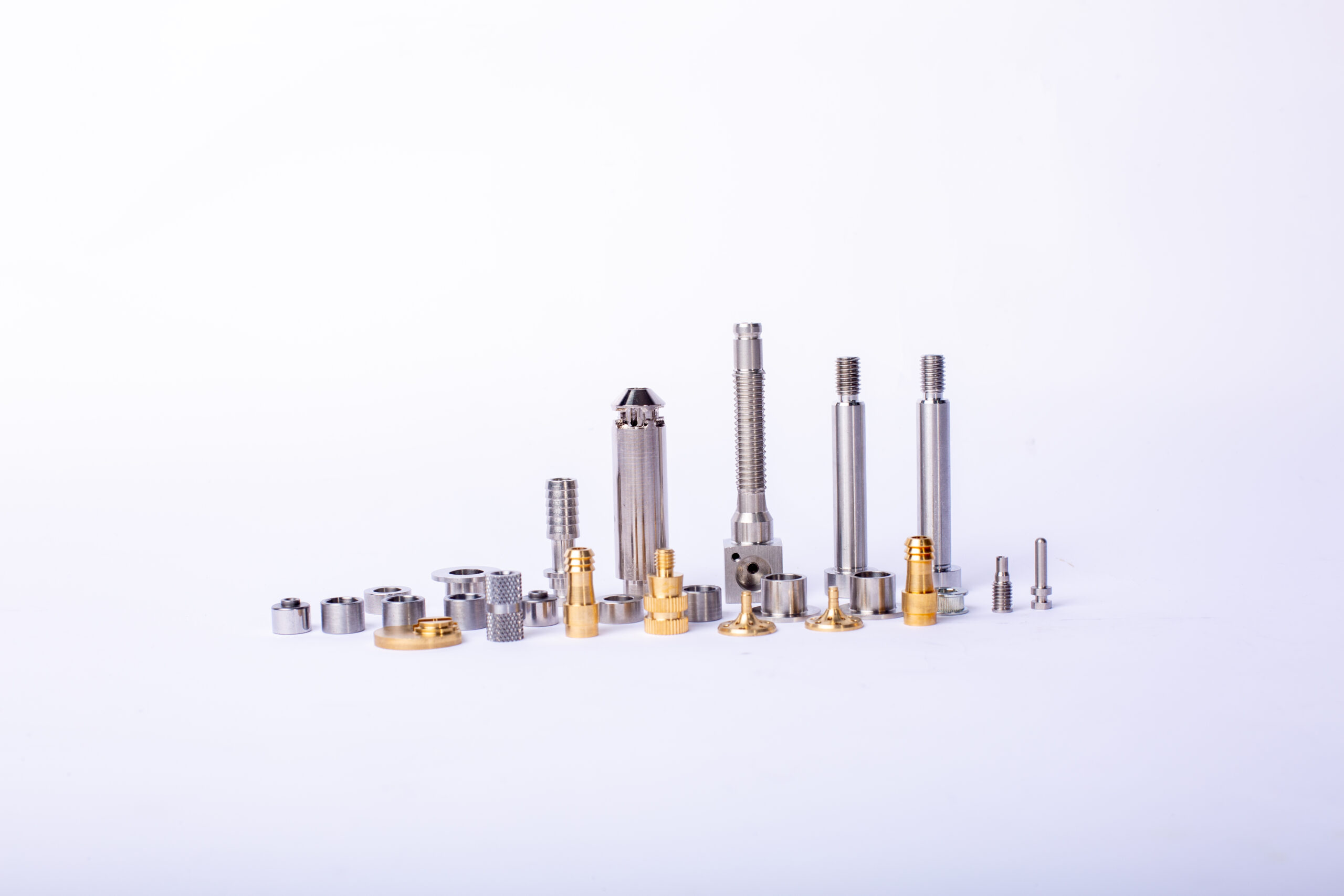
aluminum alloy extrusion supplier FAQs Guide.
In this guide, we will provide you with all the information you need to know about our top-quality aluminum alloy extrusion supplier and how they can benefit you and your projects. With extensive experience in the industry, our products are trusted by professionals and DIY enthusiasts alike. From industrial applications to home improvement projects, our aluminum alloy extrusion supplier offer durability, versatility, and customization options to meet all your needs. Read on to discover more about our aluminum alloy extrusion supplier products and why they should be your top choice.
1.What is the difference between hot and cold extrusion?
aluminum alloy extrusion supplier is not a product only, but also can help you comes to money-making.
Hot extrusion is a process in which a metal is heated to a temperature above its recrystallization temperature and then forced through a die to form a desired shape. Cold extrusion is a process in which a metal is forced through a die at room temperature or slightly above. Cold extrusion is typically used for softer metals such as aluminum, copper, and brass, while hot extrusion is used for harder metals such as steel and titanium. Hot extrusion is more expensive and time consuming than cold extrusion, but it produces a stronger and more precise product.
2.What safety precautions should be taken during the extrusion process?
Our aluminum alloy extrusion supplier products undergo strict quality control to ensure customer satisfaction.
1. Wear appropriate personal protective equipment (PPE) such as safety glasses, gloves, and hearing protection.
2. Ensure that the extrusion machine is properly guarded and that all safety devices are in working order.
3. Ensure that the material being extruded is compatible with the machine and that the correct temperature and pressure settings are used.
4. Ensure that the extrusion die is properly secured and that all moving parts are properly lubricated.
5. Ensure that the extrusion line is properly grounded and that all electrical components are properly insulated.
6. Ensure that the extrusion line is properly ventilated and that all exhaust systems are functioning properly.
7. Ensure that all operators are properly trained and that they understand the safety procedures associated with the extrusion process.
8. Ensure that all operators are aware of the potential hazards associated with the extrusion process and that they take the necessary precautions to avoid them.
9. Ensure that all operators are aware of the emergency stop procedure and that they know how to use it in the event of an emergency.
3.Can aluminum alloy extrusion supplier be used in high temperature applications?
We maintain a stable growth through reasonable capital operations, focus on industry development trends and cutting -edge technologies, and focus on product quality and safety performance.
Yes, aluminum extrusion can be used in high temperature applications. Aluminum is a strong and lightweight metal that is able to withstand high temperatures without losing its strength or becoming brittle. It is also resistant to corrosion and can be used in a variety of applications, including automotive, aerospace, and industrial applications.
4.What is the minimum and maximum wall thickness that can be achieved through aluminum alloy extrusion supplier?
We have flexible production capacity. Whether you are large orders or small orders, you can produce and release goods in a timely manner to meet customer needs.
The minimum wall thickness that can be achieved through aluminum extrusion is 0.5mm, while the maximum wall thickness is typically limited to 12mm. However, some aluminum extrusion processes can achieve wall thicknesses up to 25mm.
5.How does the selection of alloy affect the strength and properties of the extruded product?
We continue to invest in research and development and continue to launch innovative products.
The selection of alloy affects the strength and properties of the extruded product in a variety of ways. Different alloys have different levels of strength, ductility, and other properties that can affect the performance of the extruded product. For example, some alloys are more resistant to corrosion, while others are more malleable and can be formed into complex shapes. Additionally, the alloy’s composition can affect the thermal properties of the extruded product, such as its melting point and thermal conductivity.

6.What is the weight-to-strength ratio of aluminum alloy extrusion supplier compared to other materials?
We have a good reputation and image in the industry. The quality and price advantage of aluminum alloy extrusion supplier products is an important factor in our hard overseas market.
The weight-to-strength ratio of aluminum extrusion is generally higher than other materials, such as steel and wood. Aluminum extrusion is lightweight and strong, making it an ideal choice for many applications. It is also corrosion-resistant and has a high thermal conductivity, making it suitable for use in a variety of industries.
7.What is the difference between standard and custom aluminum alloy extrusion suppliers?
We have been working hard to improve service quality and meet customer needs.
Standard aluminum extrusions are pre-made shapes and sizes that are available for purchase from a manufacturer. These extrusions are typically used for general purpose applications and are available in a variety of shapes and sizes. Custom aluminum extrusions are made to order and are designed to meet specific customer requirements. These extrusions are typically used for more specialized applications and are not available in standard sizes.
8.How does the choice of extrusion temperature affect the mechanical properties of the final product?
We maintain a certain amount of R&D investment every year and continuously improve operational efficiency to provide better services to our cooperative customers.
The extrusion temperature affects the mechanical properties of the final product in several ways. At higher temperatures, the material is more malleable and easier to shape, but it also becomes more brittle and prone to cracking. At lower temperatures, the material is more rigid and less prone to cracking, but it is also more difficult to shape. The extrusion temperature also affects the crystallinity of the material, which in turn affects its strength and ductility.
9.How does the cooling process affect the properties of the extruded product?
We pay attention to employee development and benefits, and provide a good working environment in order to improve the efficiency of employees and improve the quality management of aluminum alloy extrusion supplier products.
The cooling process affects the properties of the extruded product by changing the physical and chemical properties of the material. During the cooling process, the material will shrink and become more rigid, which can affect the shape and size of the product. Additionally, the cooling process can affect the surface finish, strength, and other properties of the product.
10.How does the design of a product impact the extrusion process?
We should have a stable supply chain and logistics capabilities, and provide customers with high -quality, low -priced aluminum alloy extrusion supplier products.
The design of a product can have a significant impact on the extrusion process. The shape, size, and complexity of the product will determine the type of extrusion process that is used, as well as the type of tooling and dies that are required. Additionally, the design of the product will determine the amount of material that is needed, the speed of the process, and the amount of time it takes to complete the extrusion process.
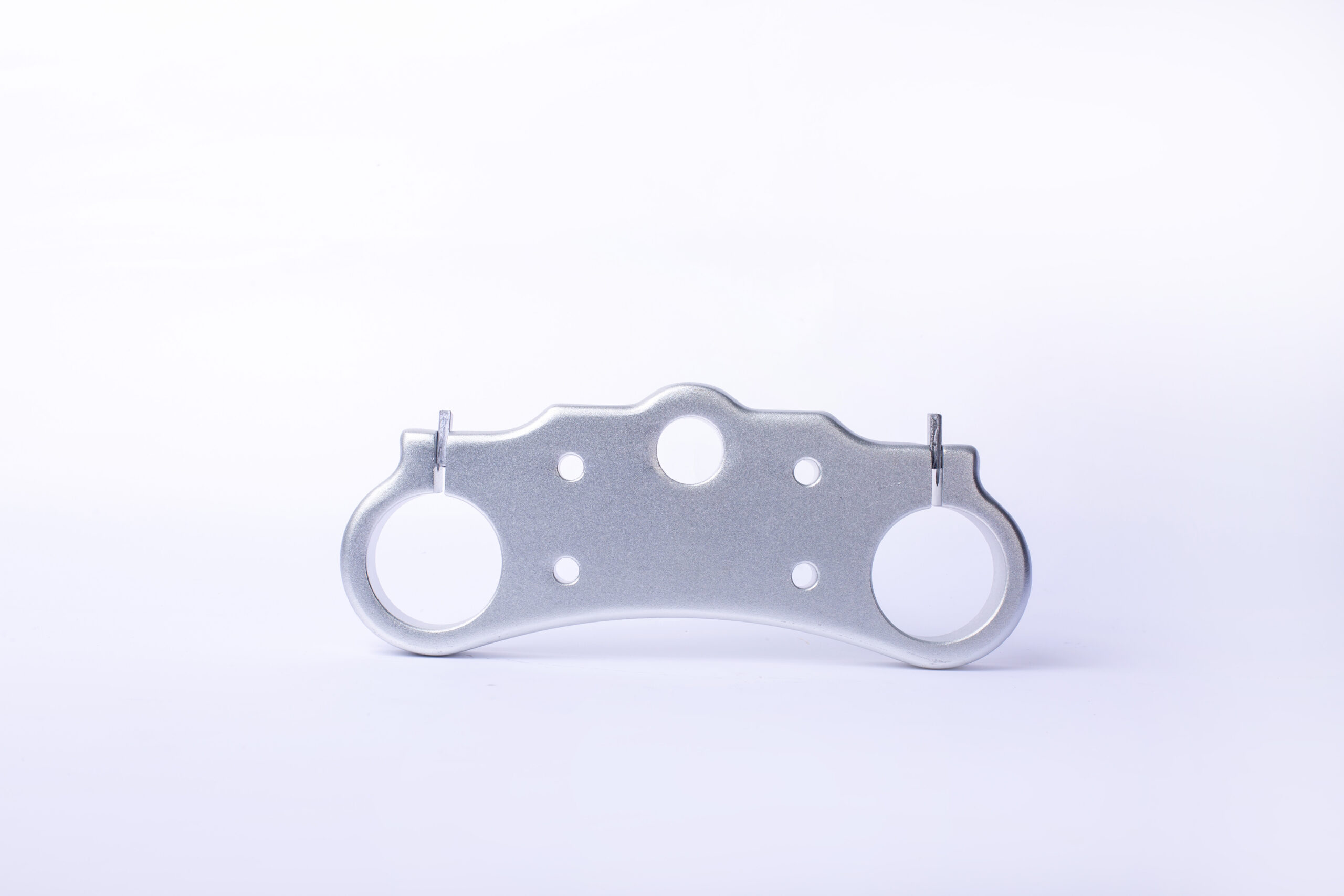
11.Are there any limitations to the design possibilities with aluminum alloy extrusion supplier?
Our aluminum alloy extrusion supplier products have competitive and differentiated advantages, and actively promote digital transformation and innovation.
Yes, there are some limitations to the design possibilities with aluminum extrusion. The most common limitation is the size of the extrusion profile, as the profile must fit within the available space. Additionally, the shape of the profile may limit the design possibilities, as certain shapes may not be suitable for certain applications. Finally, the strength of the aluminum alloy used in the extrusion may limit the design possibilities, as certain applications may require a stronger alloy.
12.Can dissimilar metals be joined through aluminum alloy extrusion supplier?
We adhere to the principle of quality first and have a complete production quality management system and quality inspection process.
Yes, dissimilar metals can be joined through aluminum extrusion. This is done by using a process called bimetallic extrusion, which involves combining two different metals into a single extrusion. The two metals are joined together by a layer of aluminum, which acts as a bonding agent. This process is often used to join aluminum and steel, but can also be used to join other metals such as copper and brass.
13.Can secondary operations such as drilling and tapping be done on an aluminum extruded product?
We have established long-term and stable partnerships with our suppliers, so we have great advantages in price and cost and quality assurance.
Yes, secondary operations such as drilling and tapping can be done on an aluminum extruded product. Depending on the size and complexity of the product, these operations may need to be done by a professional machinist.
14.Can aluminum alloy extrusion supplier be used for structural applications?
As one of the top aluminum alloy extrusion supplier manufacturers in China, we take this very seriously.
Yes, aluminum extrusion can be used for structural applications. It is a versatile material that can be used for a variety of applications, including structural applications. Aluminum extrusion is strong, lightweight, and corrosion-resistant, making it an ideal material for structural applications.
15.How does the use of aluminum alloy extrusion supplier impact the recyclability of a product?
We have the leading technology and innovation capabilities, and attach importance to employee training and development, and provide promotion opportunities.
The use of aluminum extrusion can have a positive impact on the recyclability of a product. Aluminum is a highly recyclable material, and extruded aluminum products can be recycled with minimal energy and cost. The extrusion process also helps to reduce the amount of scrap material generated, which can further reduce the environmental impact of the product. Additionally, aluminum extrusion can be used to create products with a longer lifespan, which can reduce the need for replacement and further reduce the environmental impact of the product.
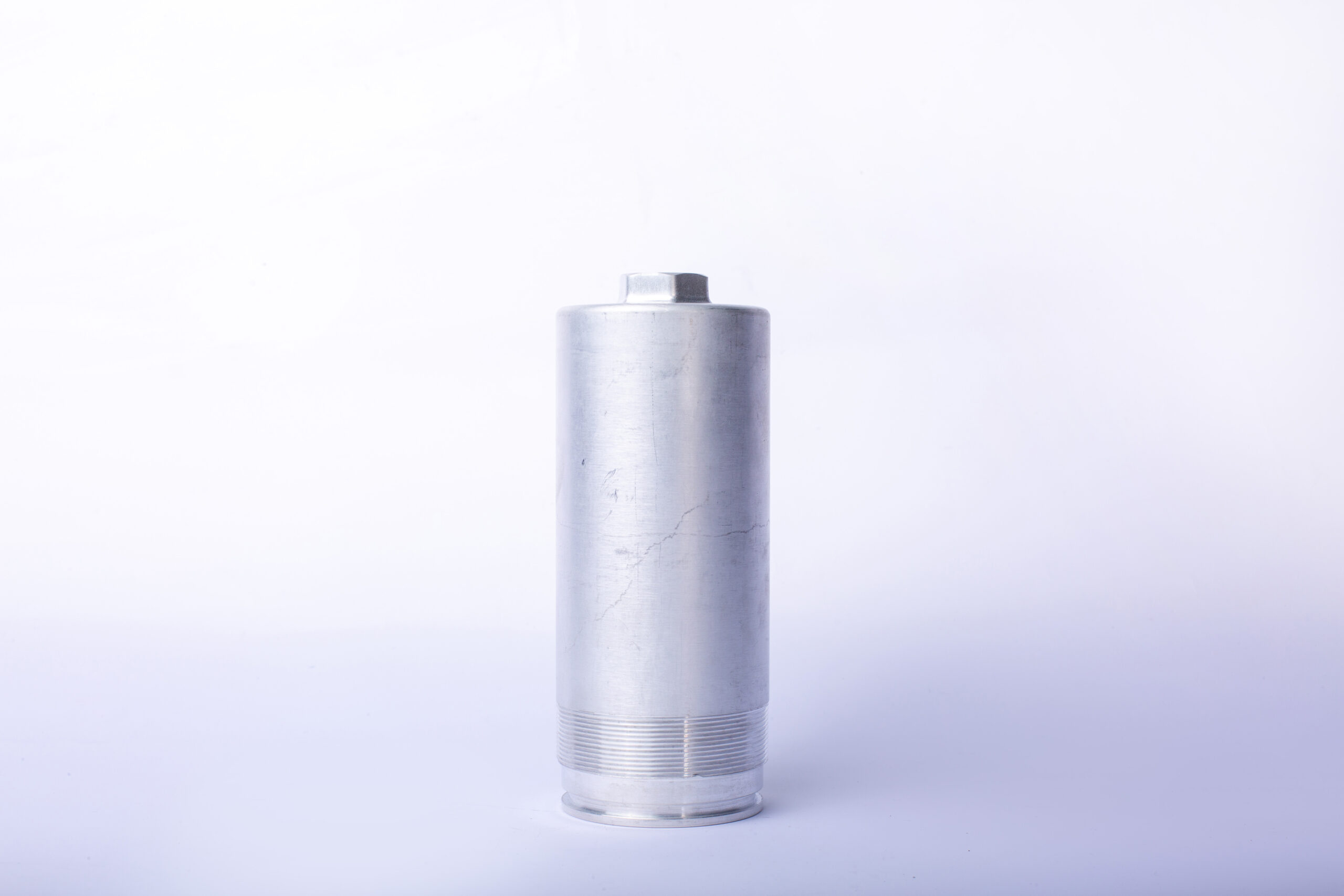
Tag:aluminum edge corner extrusions,aluminum extrusion housing,aerospace aluminum extrusion,aluminum extrusion curtain wall,aluminum extrusion material
Product Inquiry
We will respond within 12 hours, please pay attention to the email “@163.com” or “@alumforge.com”.
Also, you can go to the Contact Page, which provides a more detailed form, if you have more inquiries for products or would like to obtain OEM service.
Our sales experts will respond within 24 hours, please pay attention to the email with the suffix “@163.com”.